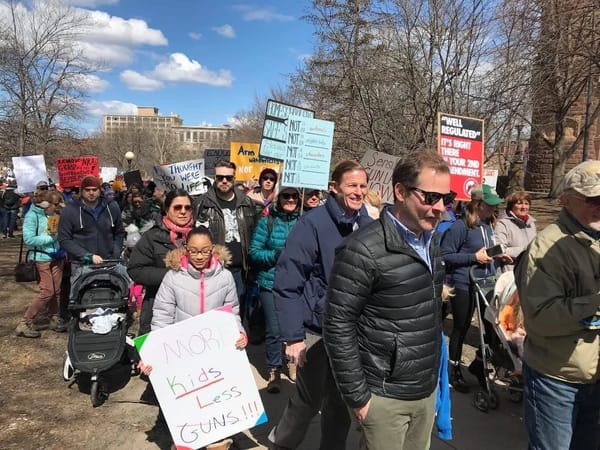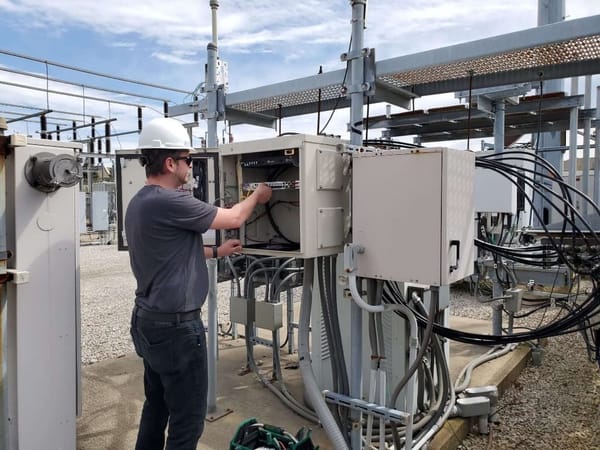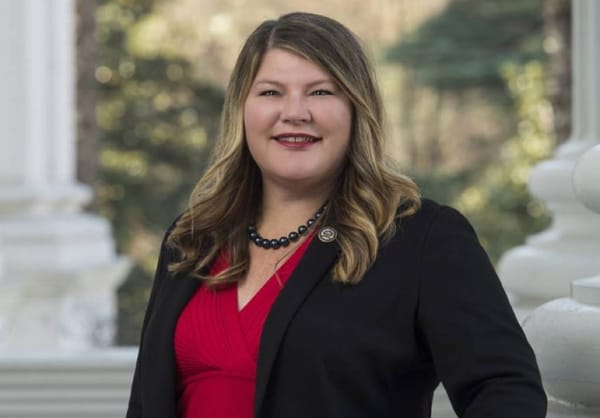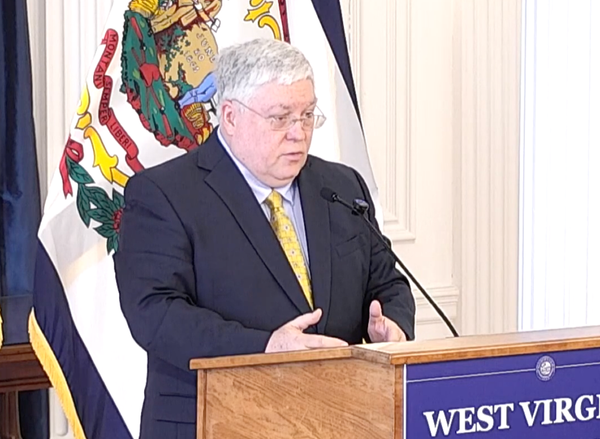Free Internet for Certain Service Members in National Defense Bill
The House of Representatives is set to vote on the defense bill this week.
Jericho Casper
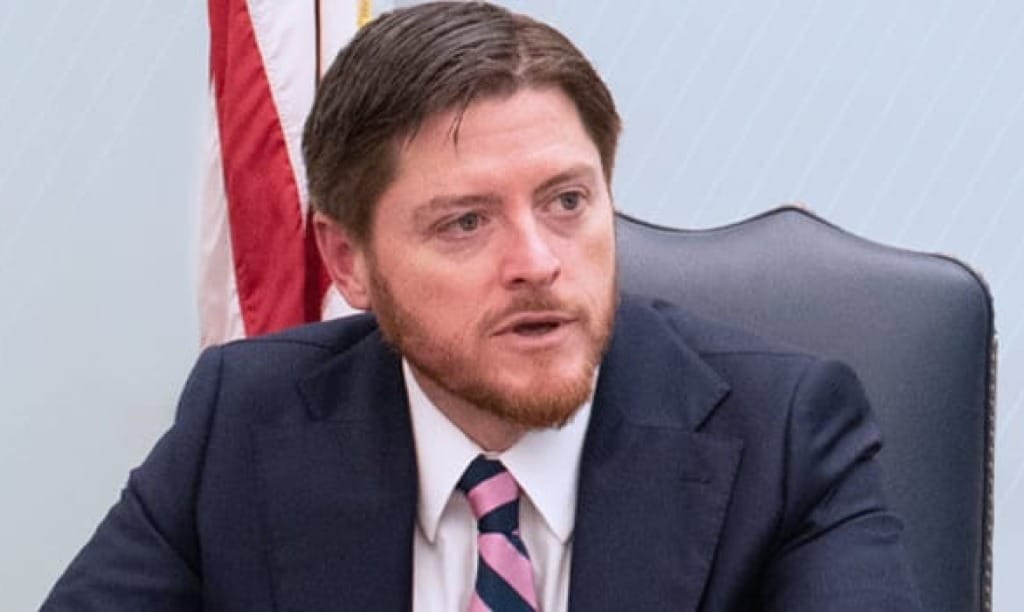
WASHINGTON, Dec. 9, 2024 – Service members living in unaccompanied housing may soon enjoy free broadband internet access under a key provision in the National Defense Authorization Act for Fiscal Year 2025.
Contained within Section 651 of the 1,813-page bill is a provision authorizing the Secretary of Defense to provide broadband internet free of charge to service members without dependents who reside in barracks or dormitory-style housing on military bases across the United States.
Brendan Owens, the assistant secretary of defense for energy, installations and environment, has said junior enlisted service members need internet access for mental health services, especially in places where behavioral health care access is limited, and other resources, whether its online training, military and family life counselors, or simply connecting with family and friends.
.
If the bill passes, the Department of Defense will have 90 days to issue guidance on implementing the initiative.
The policy emphasizes maximizing internet availability in individual rooms and personal spaces, ensuring that each service member can connect seamlessly without relying on shared or public areas for connectivity.
While the service is free, it will be subject to reasonable use policies. These restrictions will mirror those applied to other internet services provided by the Defense Department, ensuring security and proper utilization.
The provision stipulates that the broadband service provided must meet or exceed the Federal Communications Commission's current definition of broadband – 100 Megabits per second (Mbps) for downloads and 20 Mbps for uploads.
The expiration of the Affordable Connectivity Program, which provided monthly subsidies ranging from $30 to $75 to help low-income households afford high-speed internet access, brought renewed attention to the connectivity challenges faced by military personnel.
Approximately 11.5 million military families — nearly half of the 23 million households enrolled — benefited from the ACP before its funding concluded in May 2024, according to the White House. Additionally, over 800,000 veterans benefited from the program.
The NDAA is currently in the final stages of the legislative process, with the House of Representatives set to vote on the defense bill this week. Following reconciliation between the House and Senate versions, the bill will require final approval from both chambers before being presented to the President for signature.



